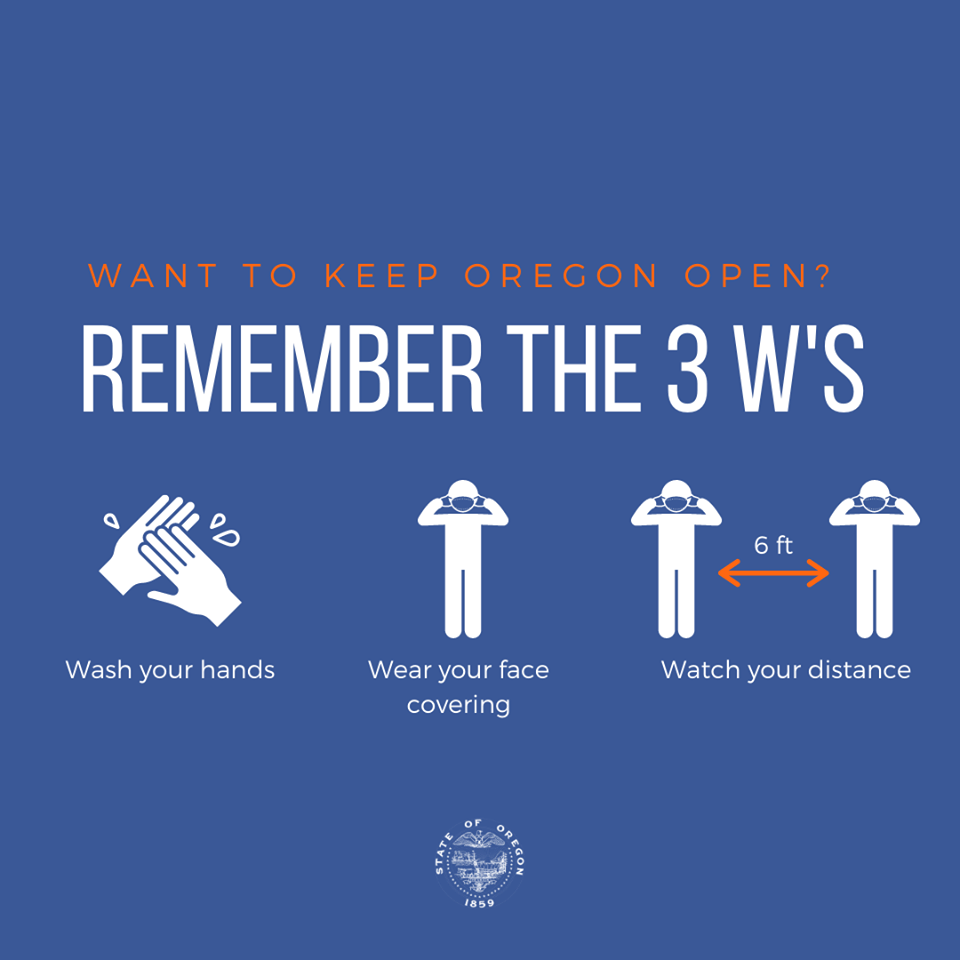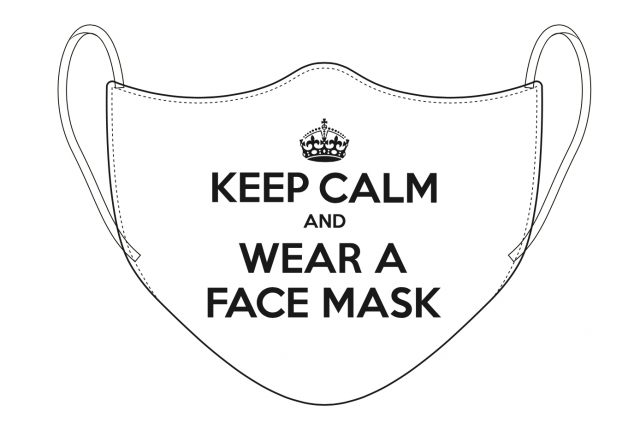EDITOR’S NOTES: Local business owners have taken to social media, pleading with the public to wear their masks and not take it out on them and employees. The businesses can face fines from OSHA for not enforcing the mask mandate. From small business owner Natalie Nielsen: “Small request… Regardless of your feelings about masks, please don’t take your frustrations out on employees enforcing the mask requirements in stores. They don’t enjoy wearing them all day long either. We’re all trying to follow the rules to keep people safe and also can’t afford a $10,000 fine. Thanks in advance ❤️”
According to Kayla Sheldon, Sheldon Oil Co. – “When an individual refuses to wear a mask in a privately owned, public business because it is “your right” to do so, you are putting that business and their employees livelihoods in jeopardy – and I’m not talking about the virus. Businesses hands have been forced in to this. By not wearing your mask, you are hurting our local economy because local business owners are being threatened with fines and potential shut downs by OSHA regardless of how hard they try to make customers and employees comply. Stop looking at this as the government trying to tell you what to do, and look at it as helping out your fellow community members and keep our economy running. We don’t need another shut down. So many won’t recover from another. Look at it as a way to boost our economy, make those who are nervous feel safer to come out and support local. Don’t put local businesses and employees in a bad situation by refusing to wear your mask because they don’t have the option NOT to ask. Let’s work together to get through these crazy times.”
And – Remember – wearing a mask or face shield doesn’t mean you don’t have to do those other things — Physically Distance and Wash Your Hands! Practice the 3 W’s – Wear a Mask, Wash Your Hands, Watch Your Distance (6 feet apart.)

From Gordon McCraw:
I have had a few questions concerning the new requirements and submit the following from the Oregon OSHA Website.
The State of Oregon recognizes the challenges created by the guidance that directs businesses and others responsible for indoor spaces to require employees, contractors, volunteers, customers and visitors to wear a mask, face shield, or face covering. In implementing the requirement as it relates to customers or visitors who are not wearing a mask, face shield, or facial covering, Oregon OSHA expects a business or other responsible for indoor spaces to take the following measures:
• If an employee or other representative of the employer encounters a customer or visitor without a mask, face shield or facial covering, they should politely draw the customer or visitor’s attention to the public health requirement to wear a mask, face shield, or face covering.
Best Practice: Arrange to greet customers upon entry so that the issue can be addressed as they enter the store.
Best Practice: Keep a supply of inexpensive disposable face coverings to offer customers or guests who do not have one.
• If an individual declines to wear a mask, face shield or face covering, the employer (or their representative) should politely inquire as to whether the person has a medical condition or disability that prevents them from wearing a mask.
• If the individual indicates they have a medical condition or disability that prohibits them from wearing a mask, face shield or face covering, the employer may offer them an accommodation – an alternative method of service that would still protect others in the business or indoor space (such as curbside pickup if practical, shopping from a catalog, etc.), or ask them if a face shield would be a suitable option.
Best Practice: Keep a supply of face shields that can be loaned and then sanitized between uses.
• If the individual indicates that they do not have a relevant medical condition or disability (or refuses to answer) but refuses to wear a mask, face shield or face covering, they should be politely told that the employer cannot serve them and that they need to leave the premises. Under no circumstances should the employer or their representative attempt to physically block an individual from entering or physically remove them from the premises. If the individual refuses to leave, the business or other organization should follow whatever procedures would normally be employed if an individual refuses to leave the establishment when asked to do.
Best Practice: Offer the same options to shop outside the business to individuals who choose not to wear a mask, face shield or face covering as you would to someone with a disability or medical condition.
Best Practice: Make sure employees know that, if an individual indicates they have difficulty hearing or understanding them with the mask or face covering it is appropriate to step farther away, then to lift or remove the mask or face covering.


